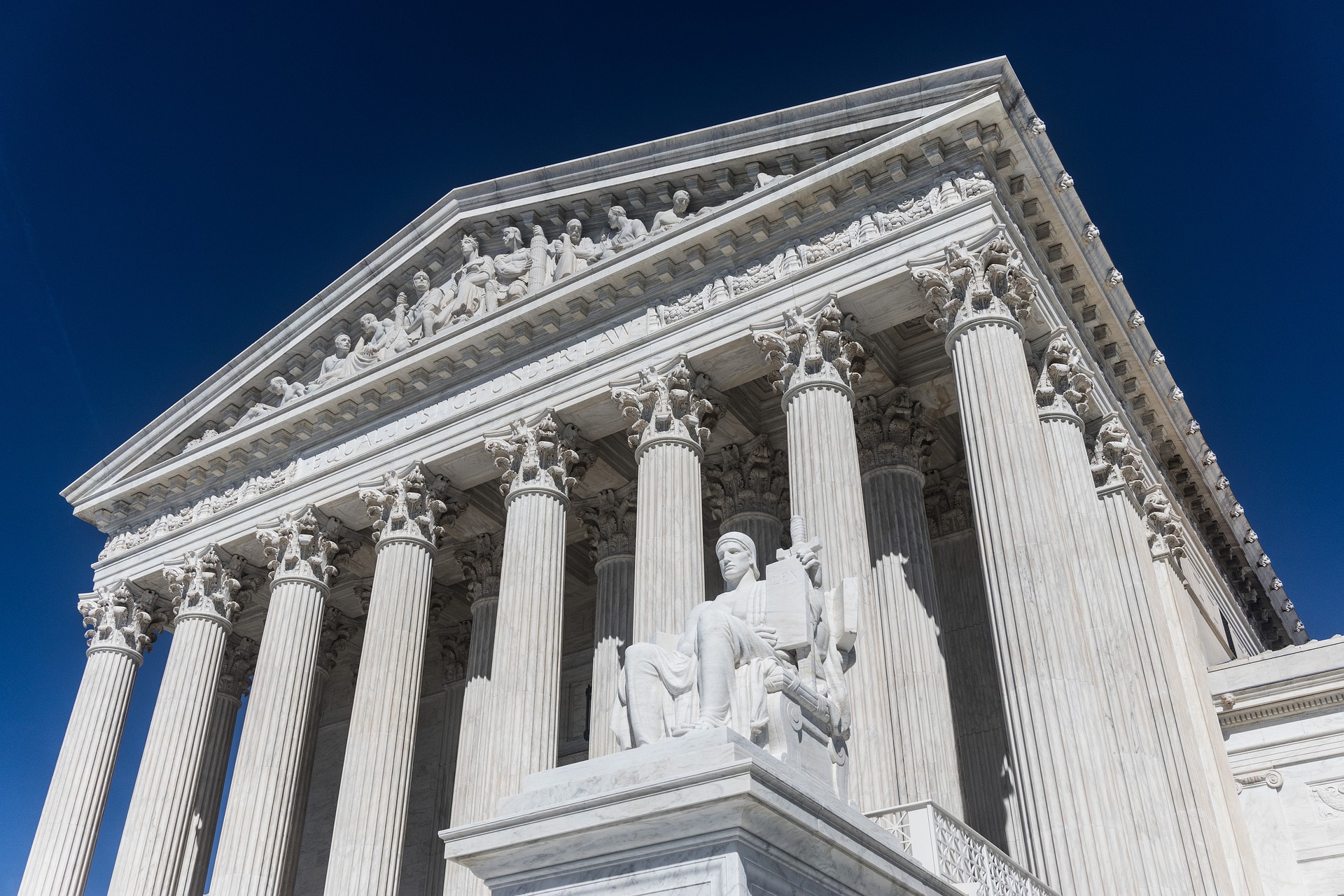Health Law: The Legalities Behind Individual Health Insurance Mandates
Imagine a society without any form of health insurance. It's a grim thought, isn't it? Health insurance plays a critical role in most individuals' lives, providing much-needed financial aid and security in times of medical emergencies. One aspect of health insurance policies that has dominated recent legal debates is individual health insurance mandates. Understanding these legal complexities is not an easy task, but let's dive in and uncover what these obligations entail.

The Basics of Individual Mandates
The idea of an individual health insurance mandate is rooted in the concept of personal responsibility. It stipulates that every citizen, with certain exceptions, must have health insurance coverage or face a penalty. This regulation was introduced to ensure all citizens have access to affordable healthcare and to prevent anyone from being denied needed medical care.
Scrutinizing the Legal Framework
The legality of individual health insurance mandates has been plagued with challenges and controversies. In the United States, it was a pivotal feature of the 2010 Affordable Care Act (ACA). The ACA’s individual mandate was upheld by the Supreme Court in 2012 on the basis that the federal government had the power to levy taxes. However, as of the tax year 2019, the individual mandate penalty has been reduced to zero, effectively removing the mandate at a federal level.
Emerging State-Level Mandates
Amid the federal repeal of the individual mandate penalty, several states have enacted their own state-level insurance mandate laws, demonstrating a trend of shifting responsibility to the state level. States like Massachusetts, New Jersey, and Vermont, among others, have established their mandates to ensure their residents have health coverage.
Evaluating the Societal Implications
The presence or absence of individual mandates greatly impacts communities and healthcare systems. Proponents argue that these mandates encourage personal responsibility while ensuring the viability of health insurance markets. Critics, on the other hand, argue that such mandates infringe on individual liberty and may pose excessive financial burdens on those least able to afford health coverage.
Constitutional Interpretations and Debates
Manipulating the individual mandate is essentially a balancing act between ensuring the accessibility of healthcare and maintaining constitutionally protected freedoms. Whether the legality of such mandates would be upheld in future cases or challenged by other interpretations of the Constitution remains uncertain.
Some Quick Facts on Individual Insurance Mandates:
- The ACA required nearly all Americans to secure health insurance or pay a penalty.
- The Supreme Court upheld the ACA’s individual mandate in 2012.
- In 2017, Congress reduced the individual mandate penalty to $0 at the federal level.
- Massachusetts, New Jersey, and Vermont have implemented their own state-level mandates.
In conclusion, the topic of individual health insurance mandates is a complex and continually evolving legal issue within the health care law landscape. While many states are embracing mandates as a means to fortify their health insurance markets, others are staunchly resisting, leading to diverse approaches across America. Navigating this intricate landscape entails understanding the intertwining of law and healthcare policy, revealing the intricate dance between legal theory and societal application. As citizens, it’s crucial to stay informed about these developments and their potential impact on our own health coverage. After all, health, as they say, is wealth.




